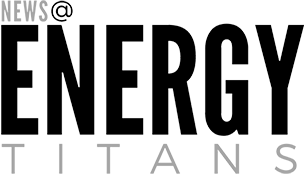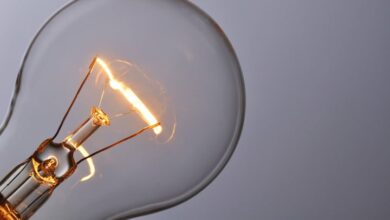EIB and NIB to finance Mažeikiai wind farm in Lithuania

The European Investment Bank (EIB) announced on Thursday (14 December) that it has signed a financing agreement together with Nordic Investment Bank (NIB) and Ignitis Group’s UAB VVP Investment for the Mažeikiai onshore wind farm in Lithuania.
Both the EIB and NIB have provided loans for the wind farm, contributing 32 million euros each towards the total investment of around 85 million euros.
“By leading the regional energy transition in Lithuania and the Baltics, we strive to create a 100 per cent green and secure energy ecosystem. This will not be possible without the support of leading European financial institutions, hence we are grateful for the reliable cooperation with the EIB and NIB, which is vital for the success of our renewable energy projects,” said Jonas Rimavičius, CFO of Ignitis Group.
The wind farm, with a capacity of 63 megawatts (MW), began commercial operations in August. It consists of 14 wind turbines, with a combined estimated energy production capacity of more than 200 gigawatt hours (GWh) a year. Located in the north-northwest of Lithuania on the border with Latvia, the wind farm is connected to the national grid.
Assuming that the renewable electricity produced will replace energy generated with an average carbon footprint in the EU, the greenhouse gas emissions avoided thanks to the wind park will amount to 61 000 tonnes of CO2 per year, the EIB said in a press release.
“The EU bank is delighted to sign this significant loan agreement, which will support the deployment of new renewable energy capacity in Lithuania,” said Thomas Östros, Vice-President of EIB, responsible for operations in Lithuania. “In addition to promoting energy independence, we are proud to contribute to Lithuania’s transformation into a low-carbon economy on its path to climate neutrality.”
The wind farm is also expected to contribute to Lithuania’s energy independence, reducing electricity imports that currently account for around two-thirds of its needs. Electricity produced by the wind farm is estimated to meet the consumption needs of 90,000 households.









